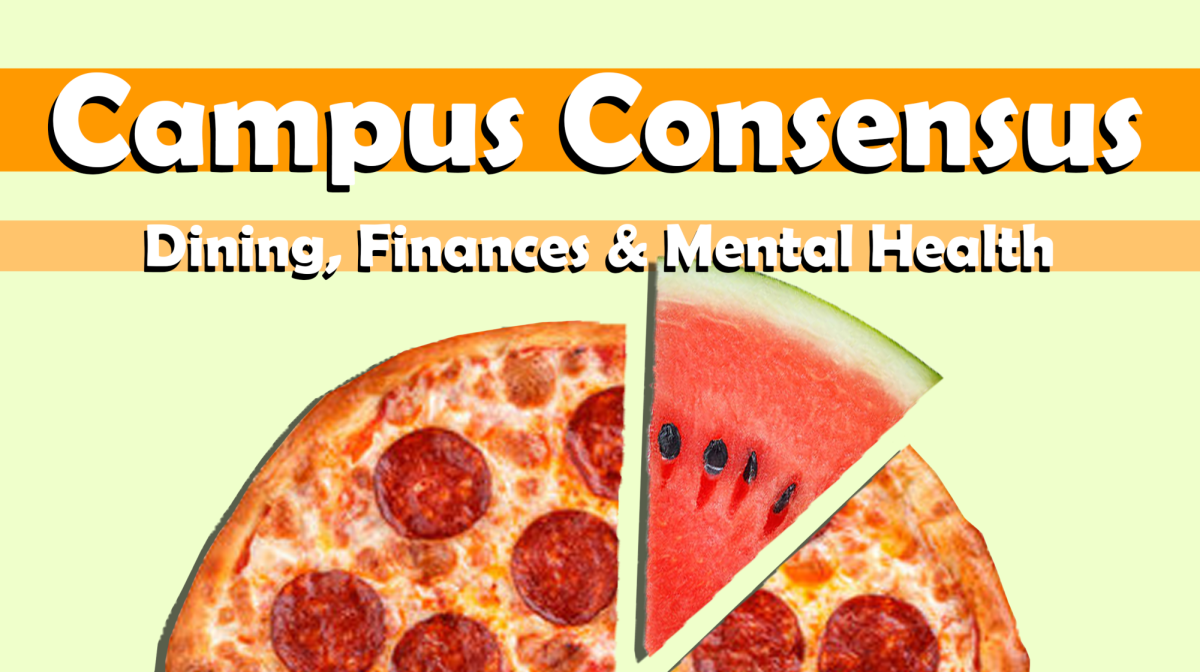The quarantine set in place for the COVID-19 pandemic wasn’t even a full 5 years ago. During this time, there were many people attending high school and college whose experiences were interrupted due to this pandemic. After about 6 months students were able to continue their schooling and go to college, but some changes had occurred during this time. Classes were mostly online, there were strict rules on how many people could be in a space at once and colleges started to see a shift in the degrees students were pursuing. So what could’ve possibly caused this shift?
In the 2021-2022 academic year, CWU saw 20% of its graduating class receive some sort of education degree, the most popular degree received that year, with business and marketing following closely at 18% according to the 2021-2022 CWU Common Data Set. Some of the lowest of that year included architecture, theology and mathematics, among others. In the class of 2024, education and business and marketing remained in the top two spots, with 18.1% of students receiving a business and marketing degree and 13.1% receiving an education degree. But some majors did see an uptick in students graduating with degrees from their programs, such as psychology bumping up from 6% to 10.5% according to the 2023-2024 CWU Common Data Set.
These percentage changes may not seem like a lot, but with the graduating class of 2022 having an undergraduate population of 2,804 according the the 2022 Central Washington University Commencement, and the 2024 graduating class having had 2,652 undergraduates according to the 2024 CWU Commencement Program, a 3.5% jump equals at about 110 more people graduating in a program. These percentage changes can be caused by multiple things, the values of students may change, the job market of certain programs can fluctuate, or maybe certain careers just aren’t worth it for some students anymore.
For example, during the period of quarantine and lockdown many teachers had noted a change in student behavior. “We’ve had to go online and make everything less personable,” Phoenix Whittaker, a 4th year education major, said. “Having to go into a career where you need to be able to connect with people, while not being able to connect for so many years during lockdown, made it a lot more difficult.” Many K-12 students had lost years or had never even gotten to start school in an actual school setting, making it more difficult for them to develop the skills needed to be able to thrive and succeed in school.
Whittaker goes on to mention how they feel that the education major itself has shifted since the pandemic. “Before COVID, it was definitely a lot more structured and easier to know when you’re on the right track,” Whittaker said. “Ever since COVID hit and coming here to pursue education as my major, I’ve had switches in all of my advisors almost every single quarter… there’s no consistency… It can get frustrating and really diminish the want to be a teacher… you just kind of have to put up with it.”








